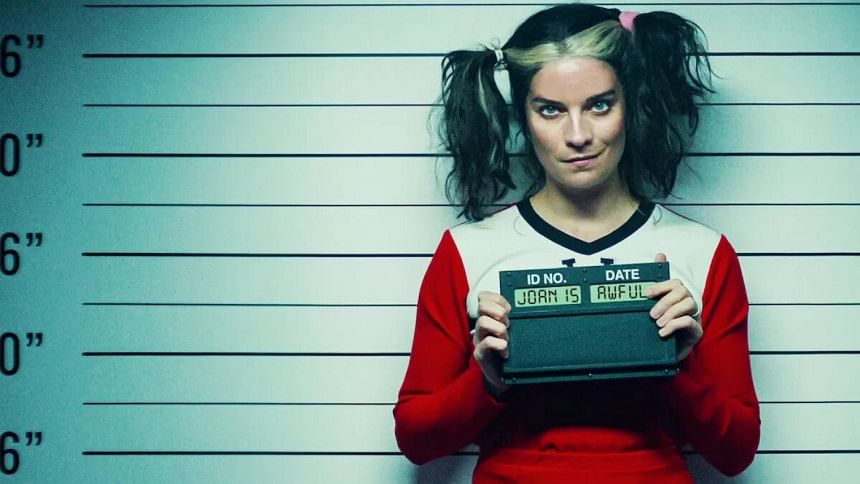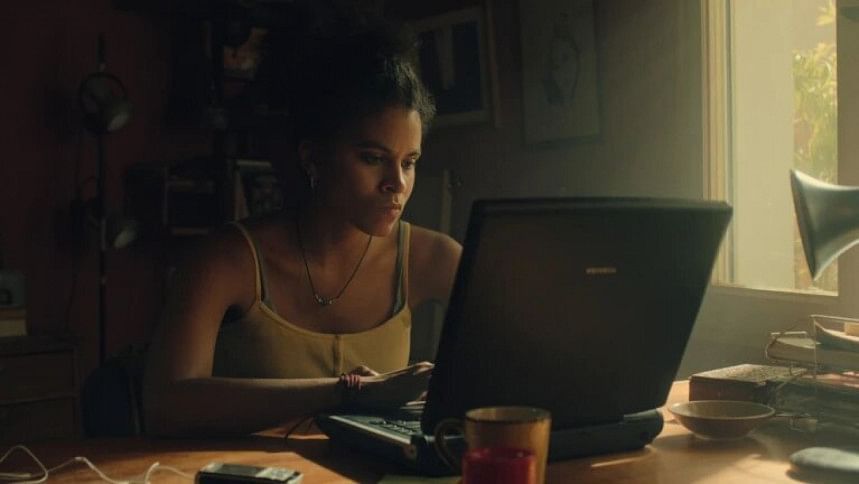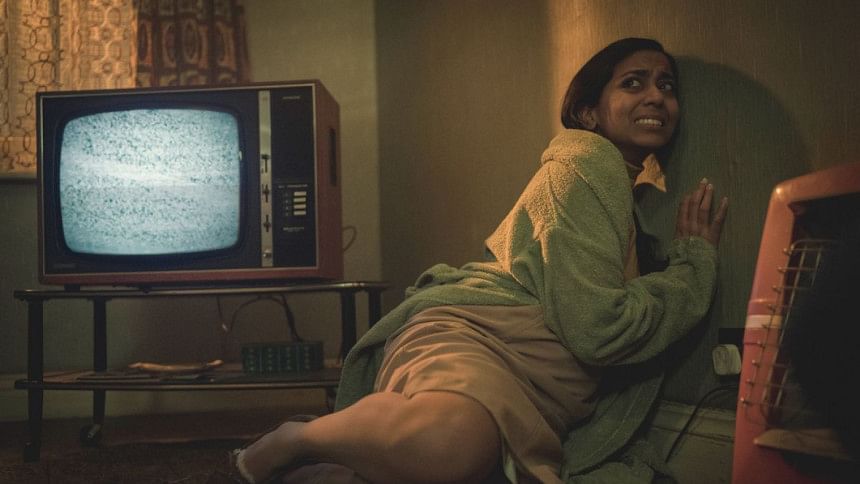‘Black Mirror’ returns with unnerving stories in its sixth season

The buzz surrounding "Black Mirror" had never subsided, since its creator Charlie Brooker, first introduced the world to his twisted yet plausible anthologies in 2011. Four years after its last season, the show is back with a sixth, highly anticipated season that debuted on Netflix last Thursday (June 15).
The first episode "Joan is Awful" is a meta episode, with crosshairs clearly aimed at Netflix itself for being a selfish and deceptive streaming service, that employs cutting-edge technology to unethically pry on its own audience and produce voyeuristic but wildly fascinating entertainment based on their lives. Big names like Salma Hayek Pinault and "Schitt's Creek's" Annie Murphy star in this episode. The remaining episodes have fewer well-known actors but similarly unnerving themes and strong performances.

"Black Mirror" has tried to keep a worldwide audience in mind since it transitioned from UK television to a Netflix production. In doing so, the episodes have become devoid of dry humor and delightful gruesomeness. Instead, they feature jokes which make you squirm and content that is easier to engage with and less thought-provoking.
The second episode, "Loch Henry" is a refreshing escape from the Netflix format, thanks to its grim elements and masterful investigation of the exploitation of genuine crime. It explores a young couple's impending fate after they decide to make a documentary about a horrifying local crime recorded years ago in a peaceful Scottish village. This episode is simultaneously caustic and charming. The buildup to the plot twist outrageously heightens the terror. Even after the reveal, you won't be able to reel back in as the events that follow only ramps up the tension which persists till the last minute.

"Beyond the Sea" is the next episode starring Aaron Paul and Josh Harnett as two astronauts in a deep space mission. Turning the clock back to 1969, these two men voyage through not only space but loneliness, loss and betrayals. I was excited for this but it turned out to be quite predictable. Every time I was drawn into the sci-fi element of the episode, I was inevitably shaken out of it because of how uninteresting, tedious and circuitous the story was. It had the longest runtime, although the story could have easily unraveled in half the time.
"Mazey Day" is the season's shortest and possibly weakest episode. Set in the early 2000s,it begins as a window to the celebrity society at the heyday of Lindsay Lohan, Paris Hilton, and Britney Spears, when the paparazzi were everywhere. Although the parasitic and diabolical nature of paparazzies is explored here, it's not necessarily a fresh take or includes any mind-blowing twists.
The fifth and final chapter, "Demon 79," is the most supernatural and its explosive conclusion also serves as a warning about the dangers of scientific advancement, particularly in terms of weaponry. It takes place in 1979, in the British midlands and stands out from other episodes for its grainy images, spooky music, and unrestrained presentation of brutal violence. It also features two of the most endearing characters in the Black Mirror universe, Vasan and Essiedu, thanks to their amazing on-screen chemistry.

Every episode is a standalone tale, so you don't need to catch up on previous seasons or episodes to enjoy them. Although Season 6 is often hit-and-miss, with some excellent episodes and some mediocre ones, "Loch Henry" will probably be remembered as a classic.
The purpose of "Black Mirror" is not to make us dread technology or the future. Instead, it is about how the environment around us magnifies the greatest and worst aspects of humanity. The concentration on historical fiction pieces in Season 6 makes it glaringly obvious. In a few of the episodes, the show has embraced the horror subgenre, which implies less reliance on the already heavily mined confluence of technology, culture, and human psychology.

 For all latest news, follow The Daily Star's Google News channel.
For all latest news, follow The Daily Star's Google News channel. 









Comments